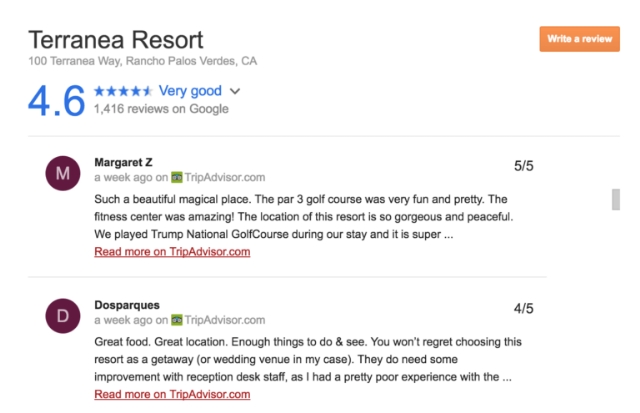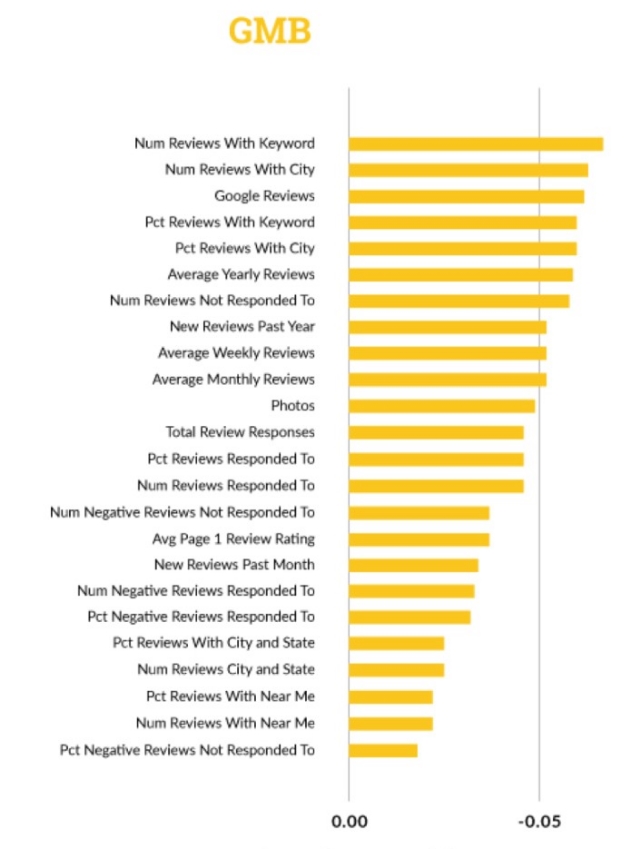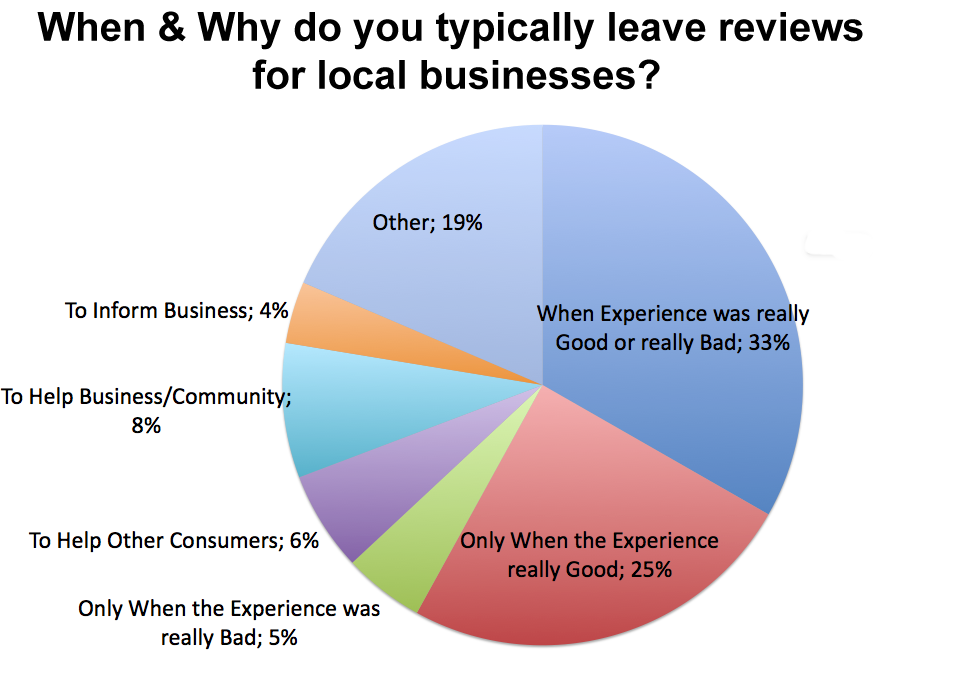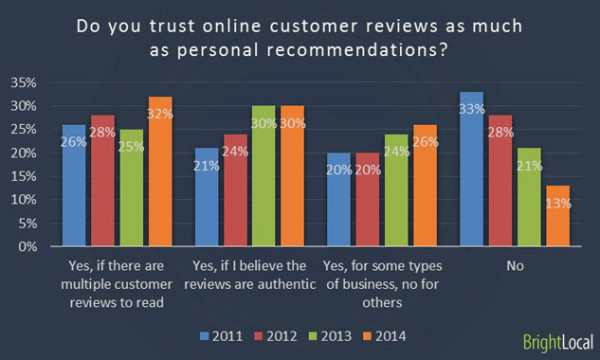
The importance of Google reviews has recently gotten a big boost, as it appears that the number of rankings your business has on Google My Business may play a big role in determining where you appear in the local search results. Thankfully, it appears you won’t have to rely solely on Google for your reviews in the future.
Google has begun integrating reviews from third party sources like Trip Advisor and Booking.com into their Knowledge Graph cards for Google My Business Listings. That means your reviews from these sites will be shown alongside your Google reviews, all in one convenient place for shoppers.
The reviews can also be filtered by source by clicking on the “All reviews” drop-down menu.

Currently, the sites being integrated are most beneficial for hotels and other similar travel-related businesses. It is unclear when or if more review services will be included in the future.
As Search Engine Land notes, this is not Google’s first foray into using third-party review sites directly within their search results. The search engine got into a lengthy legal battle against Yelp for scraping their reviews and displaying them in the search results without permission. The result was that Google agreed to only use third-party reviews in their search results with explicit permission from the publisher.
Based on this, it is all but certain Google is working closely with these outside sites to integrate their reviews.
The biggest question for now is whether these reviews will also be reflected in local optimization. If so, businesses that have been accumulating reviews on third-party sites may expect a big boost to their local rankings in the near future. Only time will tell.



 Any business owner who has ever received online reviews – whether they were negative or positive – can tell you the power online reviews have in influencing how others perceive your brand. All it can take is one glowing or irate review on a popular service such as Google or Yelp to make or break your business.
Any business owner who has ever received online reviews – whether they were negative or positive – can tell you the power online reviews have in influencing how others perceive your brand. All it can take is one glowing or irate review on a popular service such as Google or Yelp to make or break your business.



